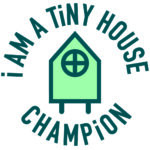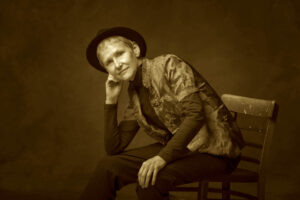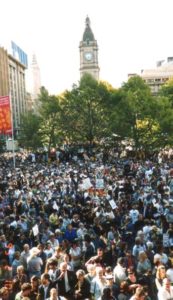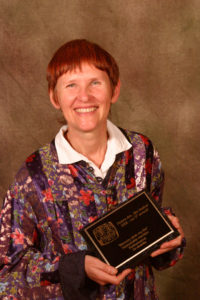I am an activist-scholar affiliated with the Informal Urbanism Research Hub (InfUr-) at University of Melbourne, Australia. My academic activities tend to coincide with my political and philosophical interests, indeed passions — take a look at my three favourite reads for 2023 at Shepherd.com.
During 2023–25, efforts concentrated on editing the Routledge Handbook of Degrowth, released 17 July 2025 in print and open access. From mid-2025 I have been focussing on real values (nonmonetary economy) research and writing, and producing courses and zines on degrowth. In 2026 I have started a two-year term as the President-Elect of the International Society of Ecological Economics.
I am one of four co-editors of Post-Carbon Inclusion published in paperback, hardcover and as an e-book by Bristol University Press mid-2024. See more publications here.
If you’re interested in applying the best local council policies for Tiny Houses in Australia – I am a Tiny House Champion – see here.
Beyond Money, A Postcapitalist Strategy was published by Pluto Press (London) in early 2022. Pluto published the associated Life Without Money: Building Fair and Sustainable Economies (2011), a nonmarket socialist collection co-edited with the late Frans Timmerman.
In August 2020 Pluto published Exploring Degrowth: A Critical Guide that I co-authored with Vincent Liegey. Food for Degrowth: Perspectives and Practices, co-edited with Ferne Edwards (NTNU, Norway) came out in the Routledge Environmental Humanities series in 2021, and will be released as a paperback in May 2022. I and degrowth advocate Francois Schneider co-edited a Routledge Environmental Humanities series collection, Housing for Degrowth: Principles, Models, Challenges and Opportunities. After its publication in August 2018, including a short paperback run, we made a European tour of the book (by train, foot, bike and ferry).

In 2019, I was Chair of the Organising Committee for the Australian New Zealand Society of Ecological Economics ANZSEE 2019 Conference — Ecological Economics: Solutions Now and in the Future, 24–26 November, hosted by the RMIT University Centre for Urban Research, with which I was affiliated at that time. I spent more than 21 years at RMIT University before joining MSSI.
My book on eco-collaborative housing, Small Is Necessary: Shared Living on a Shared Planet, was published by Pluto in 2018. I am associated with the international Eco-Communites in an Urban Future project led by Jenny Pickerill (University of Sheffield, UK). I am active in the Planning Working Group of Cohousing Australia and have a chapter with Paul Chatterton in Post-Growth Planning: Cities Beyond the Market Economy, edited by Federico Savini, António Ferreira and Kim Carlotta von Schönfeld (forthcoming, 2022).
As the series editor, I call for book proposals for the new Palgrave Macmillan series — Alternatives and Futures: Cultures, Practices, Activism and Utopias. The series launched mid-2021 with three titles and more in the pipeline. I am a series editor for the Pluto Press FireWorks series, which launched in 2020 with three titles, and three more expected during 2021.
Note: various portraits at this site, such as the one above, were taken by Piccoli Photography
Qualifications
PhD, School of Humanities, La Trobe University, 1996
BA Honours (First Class), History Department, La Trobe University, 1979
Advanced Diploma of Professional Screenwriting (Film, TV, Digital Media), RMIT, 2001
Visiting Scholar, Fellowships and Awards
Shortlisted for 2017 AIPEN Richard Higgot Journal Article Prize
Carson Fellow (Prof. Dr) at the Rachel Carson Centre for Environment and Society of the Ludwig Maximilian University of Munich (October 2016 to January 2017)
Visiting Scholar, New School for Social Research, Economics Department, New York City (1 March–31 May 2012)
Honorable Mention at Canada’s 6th International Picture This … Film Festival (PTF) 2006 for short film Mercury Stole My Fire (writer-director)
Merit Award at the US XXVII Superfest International Disability Film Festival (2007) for short film Mercury Stole My Fire (writer-director)
Postdoctoral Research Fellowship, Environment and Planning (Social Science and Planning), RMIT University (1998–2001)
